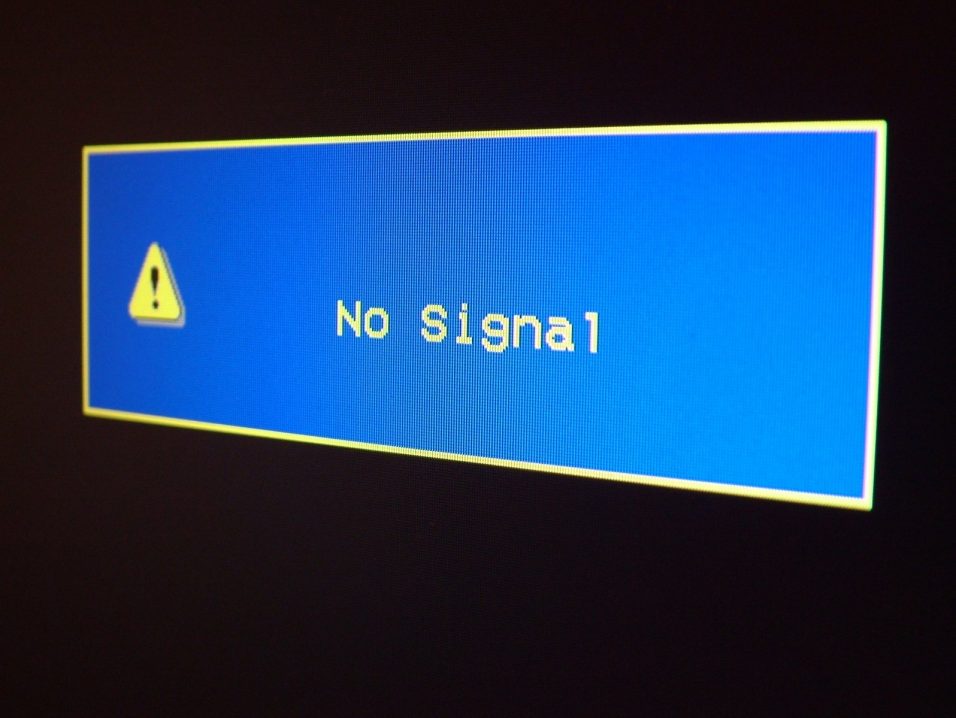Plot Holes: Gaslight ?Em

To the outside world, writing probably seems easy. We sit around daydreaming, then spend a few hours typing, and a few weeks later we email a manuscript and receive a million dollars, probably. We writers, of course, know better—most of us are going to end up broke, insane, and working at a local big box store mopping the bathrooms and muttering to ourselves about how hacks stole all of our ideas.
Even worse, the act of writing is rough going sometimes. Ideas that flare into being as bright, perfect creations wither into rotten, saggy lumps when we get our potato hands on them. Characters fail to become real people, Netflix suddenly drops a full season of a new show with the exact same premise as your WIP, and plot holes infest your story until it’s more hole than plot.
A Feature, Not a Bug
I recently had a manuscript reviewed specifically for plot holes; I braced myself, because my mind wanders at the best of times and I am no stranger to the hell of realizing the character who saves the day in Chapter 31 was killed off in Chapter 9. I’m a person who lives very much in the present; I forget things so quickly and utterly I am not kidding when I say that by the time I finish a manuscript there are elements of the early chapters that I have zero memory of. It makes taming a plot into coherency kind of difficult.
This time there were no big plot holes to worry over, thank goodness, but it did prompt me to consider my usual tactics for dealing with plot holes.
Sometimes, of course, the only way to deal with plot holes is to eliminate them even if it means yet another extensive revision to the story. This is only necessary when the plot holes in question make your story a mess. But going back to fix up a plot hole isn’t always necessary—and sometimes causes ripples in the rest of your story, a domino effect of fixes opening up new rifts.
So, sometimes—sometimes—the best thing to do is to take your plot holes and celebrate them. Elevate them from subtle to screaming. To gaslight your reader with them.
This isn’t a technique you can use a lot. The story has to have a certain elasticity to it, a certain loose relationship to realism—if your plot is rooted firmly in the real world, playing around with plot holes like this won’t work. But if you’ve got some leeway with the point-of-view, if your narrator is unreliable or the reality of your fictional universe is a bit skewed, you might be able to take a plot hole and turn it into a feature instead of a bug.
Easier said than done, of course. But then, so is writing a novel in the first place.





 Hey all—I was invited to join
Hey all—I was invited to join 
